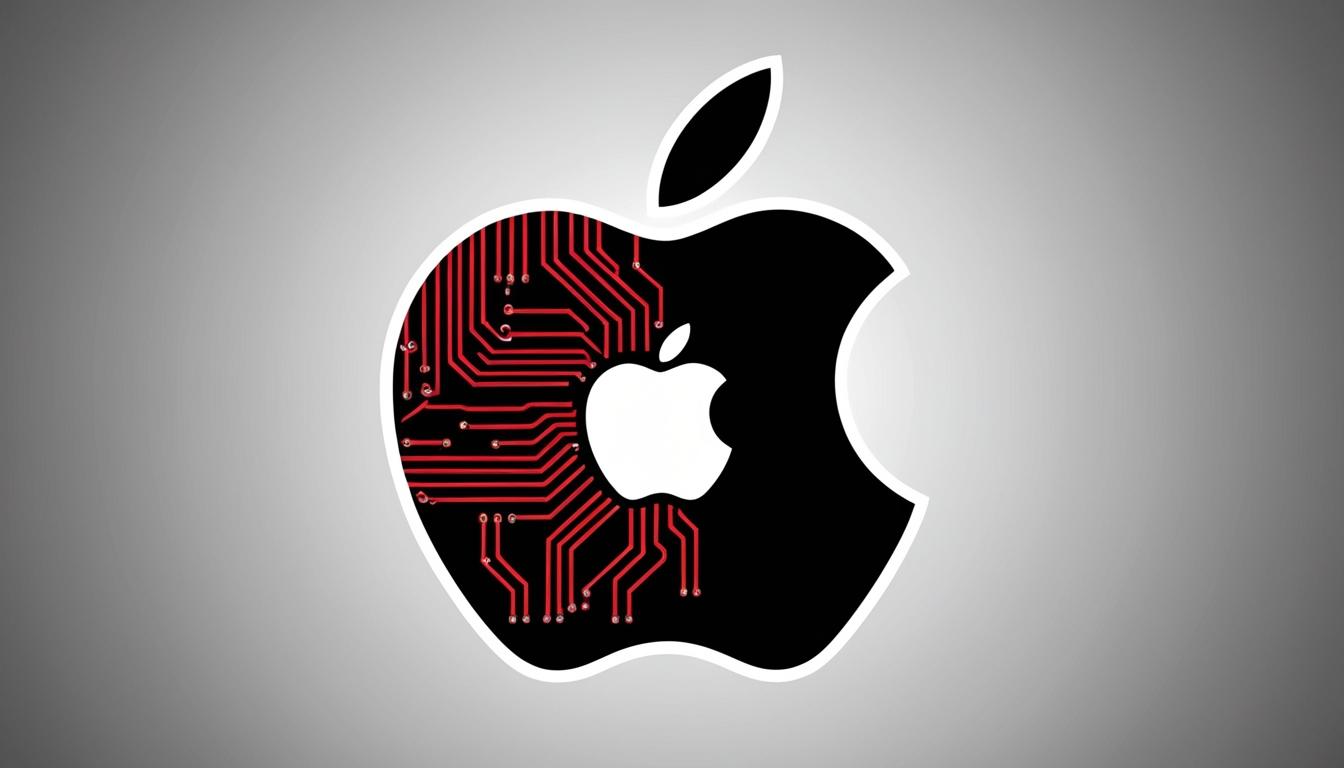Apple is set to continue its focus on artificial intelligence (AI) initiatives as the tech giant prepares to unveil new features throughout 2025. As reported by Macworld, the anticipation surrounding Apple’s advancements in AI technology, particularly termed "Apple Intelligence," is building among industry observers and consumers alike. This trend has been mirrored by an uptick in various tech companies announcing their own AI-driven innovations, ranging from the unconventional to the more utilitarian, highlighting a prevailing belief in AI as a solution to a broad spectrum of challenges.
The deployment of AI technologies within Apple’s ecosystem is expected to address persistent issues, such as spam filtering in emails, ineffective search functions, and streamlining automation processes for users. Currently, Apple’s iOS lacks robust spam filtering capabilities, relying primarily on limited functionalities within its Junk mailbox, which allows for a somewhat random management of unwanted messages. As highlighted in the article, while some features have been introduced in iOS 18.2, the overall effectiveness and efficiency of email categorization leave much to be desired. Users often find themselves inundated with spam messages in their inboxes, as Apple’s current systems fail to effectively filter out unwanted content.
In addition to spam management, the search capabilities across various Apple platforms, including Spotlight and Siri, have been scrutinised for failing to meet contemporary user expectations. Natural language processing, a critical requirement for modern search technologies, appears to be lacking. Instances have been reported where basic search functions in the Settings app on iOS yield a plethora of irrelevant results, complicating users' attempts to locate specific sections or settings efficiently.
Furthermore, the article addresses the realm of programming and automation, areas where AI has demonstrated potential value. Tools like ChatGPT and Claude, alongside integrated features such as Apple’s Swift Assist, could significantly enhance user experiences in task automation. The author notes that while many may be hobbyists, there exists a notable need for AI to suggest automations based on user behaviour, allowing individuals to streamline repetitive tasks without the steep learning curve typically associated with digital task management.
The overarching theme presented in this discourse pertains to the evolving role of AI within business practices and consumer technology. The consensus illustrates a forward-looking perspective on how Apple's AI advancements could not only augment the functionality of its devices but also refine user experiences significantly. The ultimate aim remains to create tools and systems that foster productivity, reduce time wastage on trivial tasks, and empower users in more sophisticated ways, aligning with the visionary ethos of the late Steve Jobs, who famously likened computers to "bicycles for the mind." As 2025 unfolds, the tech industry will undoubtedly keep a vigilant eye on Apple's strategic implementations of AI technology and its implications for the future of digital interaction.
Source: Noah Wire Services
